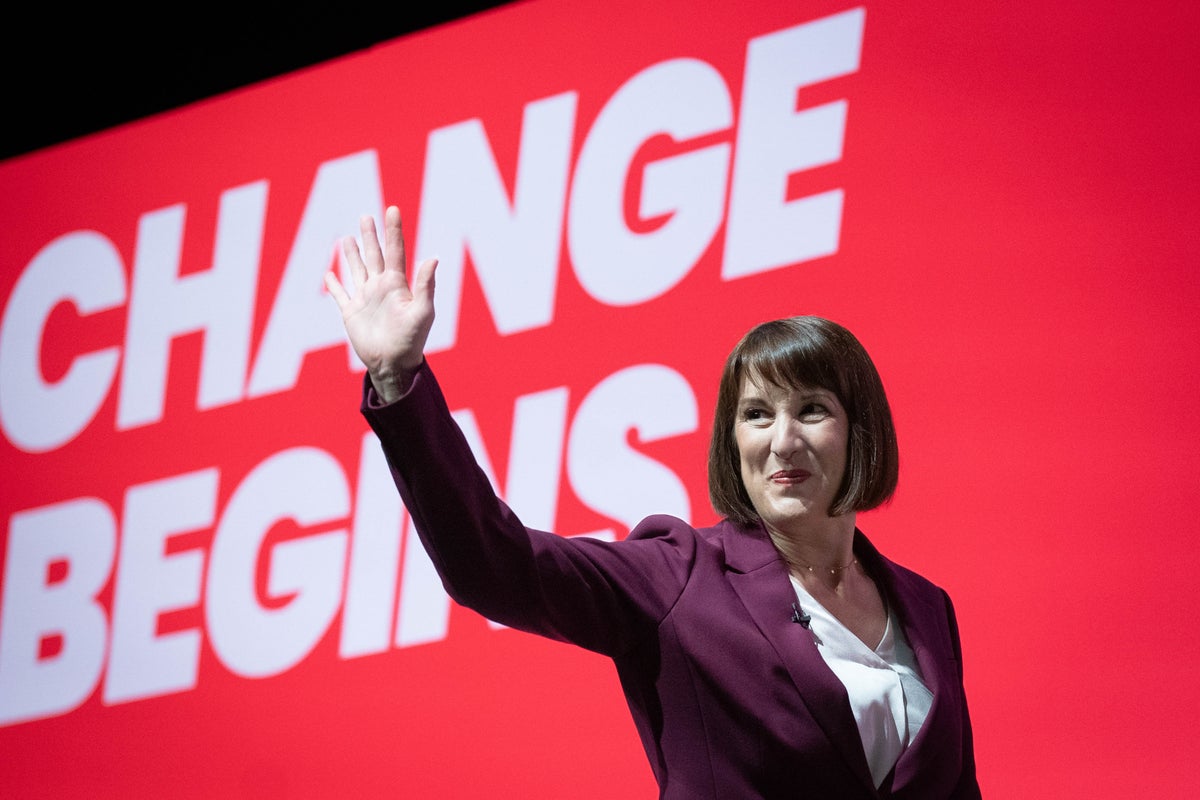
Your support helps us to tell the story
Chancellor Rachel Reeves has been warned that her plan to hike inheritance tax risks punishing middle-class homeowners as the backlash against her Budget intensified.
Ms Reeves is considering an increase on the “death tax”, which raises about £7bn for the Treasury each year, despite the fact it is routinely found to be one of voters’ least favourite measures.
Senior Conservatives said the chancellor was forcing those who had saved all their lives to “pay the price”, as criticism of her Budget mounts.
Shadow chancellor Jeremy Hunt accused Labour of planning the tax rises for months, without “the courage to admit it to the public during the election campaign”. He added: “Unfortunately it looks like it will be people who have saved all their life to provide an inheritance to their family who will pay the price for Labour’s tax rises.”
Meanwhile, Sir Iain Duncan-Smith told The Independent the tax would “punish ordinary people who have worked hard”.
Referencing the £325,000 cut-off for charging inheritance tax, the former Tory leader said: “We’re not talking about ‘zillionaires’. With house prices in southern England, you won’t even get a flat for that money. A two-bed flat in London would be twice that price.”
A cabinet row over swingeing cuts to spending in the Budget has already erupted into the open, while the chancellor has come under pressure for a series of measures, including her decision to strip winter fuel payments from millions of pensioners.
While it is unclear exactly what measures Ms Reeves is planning, Jason Hollands of advisory firm Evelyn Partners warned that changes could drag more middle-earners into paying the tax, which currently hits 4 per cent of estates.
“The 4 per cent of estates paying it makes it seem like a tax with a marginal impact but that figure doesn’t include people trying to reduce their estate,” he said. “It’s the heirs who are often not wealthy who get clobbered by the tax.”
Currently, no tax is due on estates worth up to £325,000. This is topped up to £500,000 if you own a home and leave it to your offspring and your assets are worth less than £2m.
A couple can benefit from both allowances, upping the limit further.
There are also exceptions, such as gifting assets at least seven years before death, but those caught out pay a flat 40 per cent on the amount not covered by the allowances.
Tax expert Dan Neidle, founder of Tax Policy Associates, said the tax has a “lot of emotional resonance” and that even when people are told that the tax largely affects millionaires, they still hate it.
“It’s very leaky and the very rich pay it at a lower rate than the comfortably off,” he added.
Money expert Martin Lewis, who spoke to Ms Reeves about the Budget on Thursday, warned that while the tax “makes the wealthiest [shoulder] a bigger brunt, in reality psychologically many, many more people than who will pay inheritance tax fear it”.
A recent YouGov poll found just 27 per cent of the public would support a rise in inheritance tax, while 60 per cent oppose the idea. Other polls have consistently shown Britons consider the tax to be unfair.
The £325,000 limit has been in place since 2009, meaning that as house prices have risen, more people have been dragged into paying the tax. Single people and those wanting to give their homes and savings to charities or friends, rather than their children, don’t get some of the extra allowances.
As the post-war baby boomer generation ages – the eldest are 78 – their wealth will soon start to be inherited in earnest, dragging more people into the tax, said Mr Hollands. Boomers benefited from the economic rally since the end of the Second World War and through subsequent house price rises.
Labour may be tempted to close the net on land and business allowances, said Mr Hollands. They were put in place to stop a death from breaking apart a farm or small family firm. However, the government may decide that the help is being abused by canny multimillionaires who are neither farmers nor small business operators.
Although they do not shield from tax entirely, trusts can also offer tax savings. Using them means giving assets away, but control can be maintained by becoming a trustee. Trusts can be expensive to set up but if successfully used, they can save the wealthy millions in tax over more than a century.
Former Conservative business secretary Jacob Rees-Mogg told The Independent that death duties force people to sell assets when they otherwise wouldn’t, in order to pay the tax, “distorting” investment which is “essential for growth”.
“Increasing it will reduce the growth rate and so make balancing the books harder.”
John O’Connell, of the TaxPayers’ Alliance, said: “Taxpayers will be dismayed at reports that the chancellor intends to increase inheritance tax in the Budget.
“With the threshold already frozen, more and more estates are being hit by this vindictive levy which leaves grieving families with huge tax bills at the worst possible time. Rachel Reeves should immediately rule out raising the hated death tax.”







